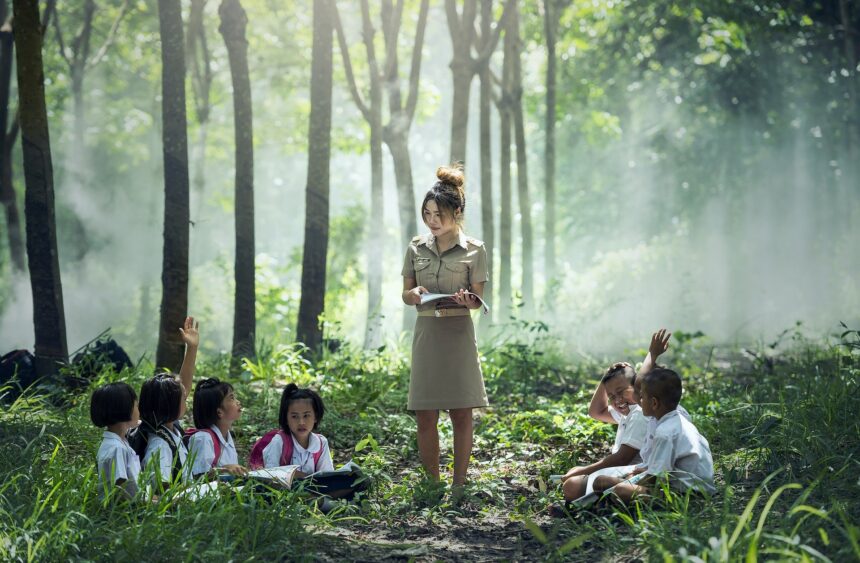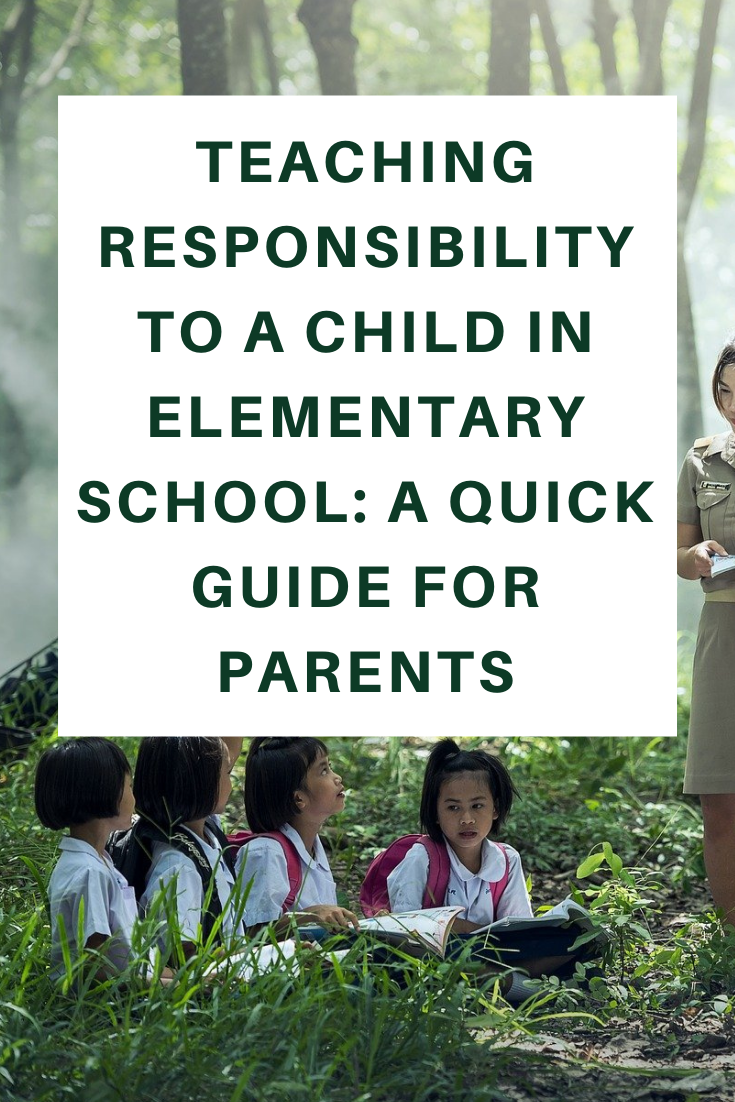One of the many challenges of parenthood is determining exactly when to start introducing which values to young children. Responsibility is a concept that children might not be able to grasp fully at a young age, but it’s a value that parents can start teaching their kids early in life. In Singapore, elementary students learn about being responsible for the environment by cleaning up various parts of the school, such as the corridors and the cafeteria, during the day. All students, whether enrolled in a public school or in an international elementary school in Singapore, have the same opportunities to learn about responsibility in the classroom and by joining co-curricular activities (CCA).
If you’re unsure about when to introduce certain responsibilities to your children, it’s an option to follow the lead set by their school. Doing so reinforces the lessons that your children pick up in the classroom and while working alongside their peers. At the same time, you can take the lead and show your kids how to be responsible without necessarily turning it into a lecture, though talking about responsibilities with your child can be a part of your game plan. Here’s how you can teach your kid about responsibility at a young age.
Be Aware of Your Role in Teaching Responsibility to Your Kids
Children look to their parents when they need support and affection. At the same time, parents are expected to provide structure and consequences to their children when they overstep their limits or behave badly. Teaching responsibility to young children requires parents to take on the roles of a nurturer and an executive all at once. While you need to impose boundaries and establish consequences for breaking the rules, you also need to make your children understand that you’re doing these because you care for them. It should be clear to yourself and your young children that comsequences are not because you’re angry or frustrated, but because it’s the best means of making sure that your children learn the lesson that you want to teach them.
Give Your Children Opportunities to Help Out at Home
You can start giving your children household chores as early as they are 2 or 3 years old, especially if they’re keen on emulating the tasks that you do at home. You can provide them with age-appropriate activities such as picking up their toys and putting their dirty clothes in the laundry basket at this stage. As they grow older, you can give your kids more tasks such as feeding pets, watering plants, or setting the table. Introducing chores early on to your children will help them understand that they play an important role in running your household. This, in turn, will give them an easier time accepting that responsibilities are a part of life.
Show Your Children the Conduct of a Responsible Adult
The best way to teach responsibility to your children is by leading by example. Walk the talk and be the prime example of how a responsible adult should act. When you give your word, make sure you follow through. When you make a mess or a mistake, own up to it and do your part in amending the issue. Practice moderation when taking up a new hobby, and make every effort to fulfill your responsibilities, especially if there are seemingly more fun distractions right in front of you.

Remain Calm and Constructive When Talking To Your Children
Remember that your kids are still in the process of learning about the value of responsibility, and as such, they can and will make mistakes and show a lack of self-control. When this happens, remain calm and use reason to get your point across. Resorting to angry and hurtful words will only damage your relationship with your child and inspire fear and pain instead of helping your young student learn their lesson.
Help Your Children Come to Terms with the Consequences of Their Actions
Teaching responsibility to your children involves making them aware of the consequences of their words, actions, and choices. As a parent, you have the final responsibility for the actions of your young child. However, there are instances when letting your kids face the consequences of their actions will help them in the long run. For example, if your child uses up all their allowance for the week in just a day, then depending on the situation, you may opt not to give them additional money until the next week starts. This will help your elementary-age child understand how to use their money responsibly.
Schools and teachers play a big role in teaching kids about responsibility, but parents also take on an active role in imparting this value to their children. No matter if you plan to follow the school’s lead in teaching responsibility to your kids or if you want to acquaint your children with this value as early as possible, you can use the strategies mentioned above to drive the message home.
*This is a collaborative post

